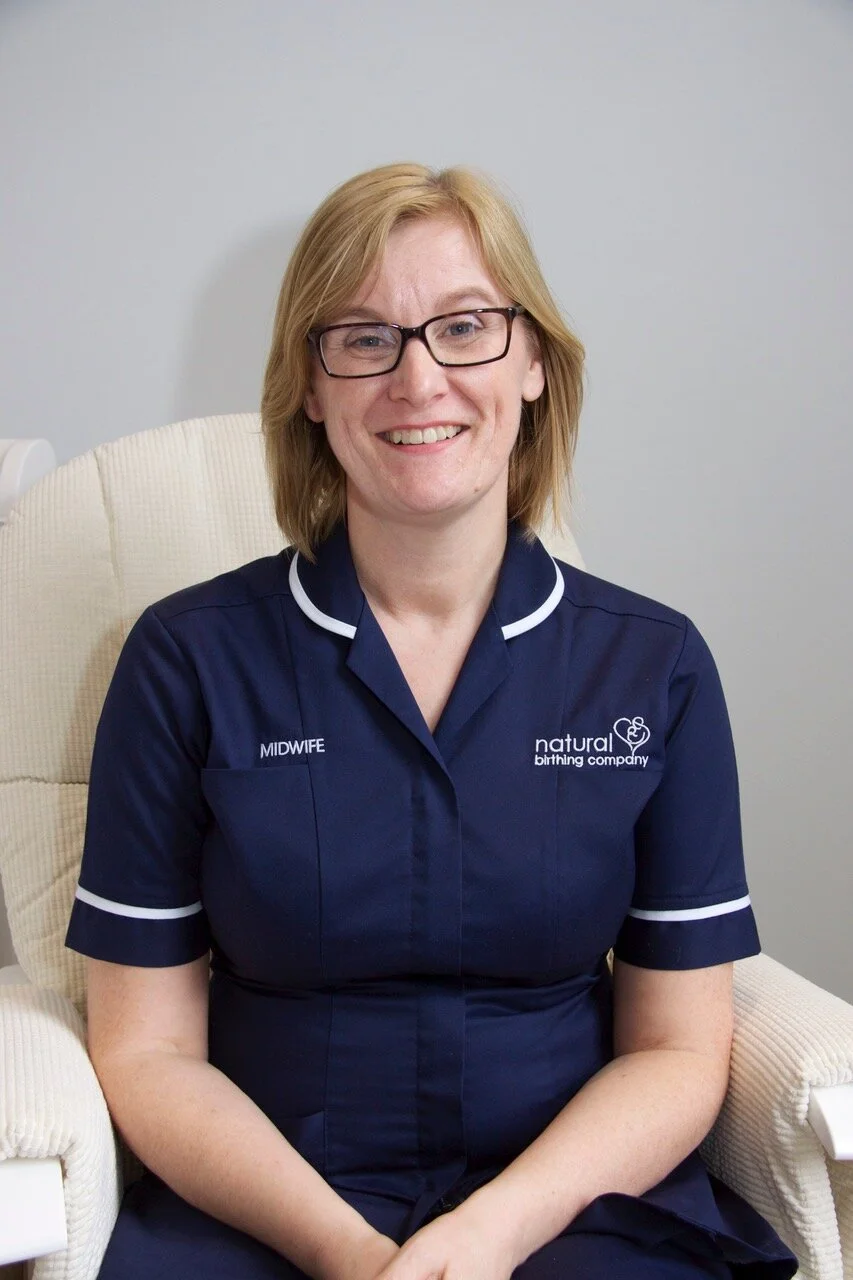6-Week Postpartum Appointment Cancelled? Here's a Midwife's Advice on What to Check
We know all our pregnant mamas have been navigating this new 'lockdown' world to the best of their ability. Cancelled appointments, video call check ups and fast-changing hospital policies are not what you'd normally expect during your pregnancy, and we salute you all for working your way through this challenging time. We hope we've been able to help you along the way.
But what about our postnatal mamas? If you've just given birth (congrats!), we know the next few weeks may feel uncertain as you may not have access to your usual appointments. We want to make sure you're taken care of, so we partnered with registered Midwife Jane Mason to bring you the expert info you need.
One of your first check ups post-birth will be at 6 weeks when you would normally see your midwife or OB. If you can't make it to this appointment, don't worry—we've created a 6 Week Checklist for you to consult if your appointment has been cancelled, or just to have on hand if your 6 week appointment is via phone or video call.
We want you to feel prepared and in control of your own health. During your phone or video call, your provider will likely guide the appointment and ask you questions, but remember that you can ask questions, too. You are your own best advocate -- take the opportunity to record questions and concerns you want to discuss.
Read on for Jane's advice on what to check and what to expect from your 'virtual' postnatal appointment. Everyone's experience will be different, but this guide will help you prepare for an effective, informative call!
Please note, this information is for guidance only and should be used in conjunction with the advice of your designated practitioner and not a replacement.
First, we'll review your mental health & wellbeing
This is your opportunity to tell your provider how you feel (and you might actually find it easier to be honest talking over the phone). They'll also ask you questions that will help identify things you may be struggling with, such as postnatal depression (PND), and get you the support you need. PND is incredibly common, so please be honest in your answers. We're here to help.
We'll talk about contraception
Even if sex is the last thing on your mind (and for many women it is!) now is a good time to talk about your future plans. Do you want another baby, and if so, when? Although breastfeeding is known to be a form of contraception, it's not completely reliable, and you could still get pregnant. Forward planning is key, and we want to talk with you about what method of birth control works for you, and what's best for your body.
And go over your medical history
We'll talk about any medical conditions that you had either before or during the pregnancy that require ongoing management (e.g. gestational diabetes). This can be easily done over the phone. Your provider will ask you certain questions trying to ascertain signs or symptoms, followed by giving you advice accordingly. If you require further testing or examination for any reason, they'll arrange for you to attend an appointment in person.
We'll discuss how your body's recovering
Basically, we want to make sure everything's on track. This includes checking that your "waterworks" and bowels are working properly and you have control—if not, they can give you advice and refer you to physiotherapist. We also want to check that your vaginal bleeding (lochia) has stopped, and go over indications that your uterus is returning to its normal size.
And talk about how breastfeeding or formula feeding is going
We'll make sure you're getting on well, and check that you aren’t in any pain or discomfort (i.e. checking for mastitis). Don't worry—there's no need for us to examine your breasts unless you have something worrying you.
We'll ask about your energy levels
An area of discussion for most women is their iron levels. It's common to have a blood test after you give birth to check your iron levels, and from this, you may have been prescribed iron tablets (ferrous sulphate). At 6 weeks, your provider will be asking if you look pale or feel tired, dizzy or short of breath when moving (yes, all new mums feel tired, so that’s a bit tricky!). If you feel any of these symptoms, they may ask you to come in for a blood test to check for iron-deficiency anemia.
If you've had a C-Section, we'll make sure you're healing properly
We'll ask you about the healing of any stitches or Caesarean Section wound—however, this is an area that your provider will have been keeping a close eye on already, so any issues should have been picked up now. If everything feels comfortable and there is no unusual smell, then there's no reason to be concerned.
If you can't get an appointment, don't worry
With the current strain on healthcare systems, some women may not be able to have a phone or video appointment with their provider. If that's the case, don't worry: Just use this guide to take 10 minutes and check in. Think about the different areas of your physical body and emotional wellbeing and be honest with yourself—if you feel that something is amiss, don’t be afraid to call your provider and report your concerns. If you feel fit and well, take a moment to congratulate yourself on reaching the 6 week milestone!
Screenshot or download our checklist to track your symptoms, prepare for your appointment, and check in with yourself!

Jane Mason is a UK-based midwife, mother, and founder of the Natural Birthing Company


